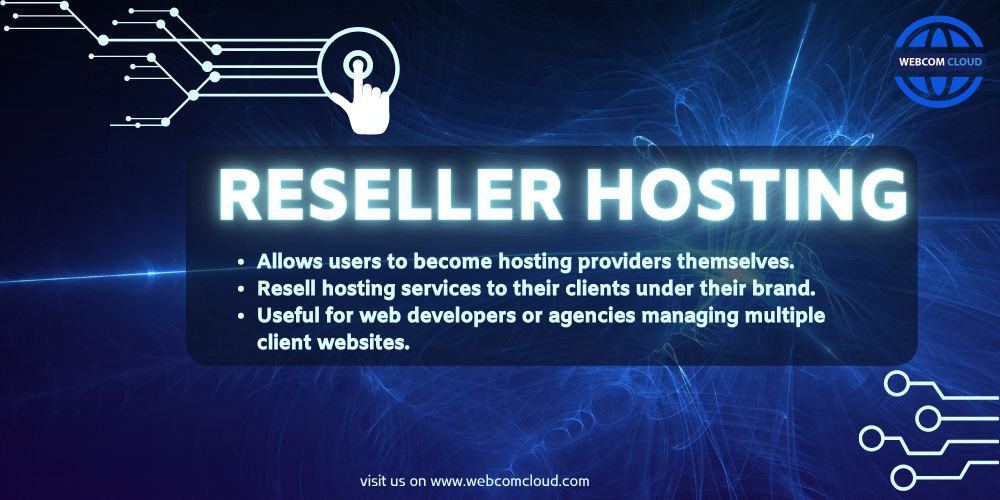Difference between different hosting’s
 Difference between different hosting’s
Difference between different hosting’s
Welcome to the world of web hosting, where the right choice can make all the difference! In this exploration of “The Difference Between Different Hosting’s,” we will uncover the diverse options available to power your website. From shared and VPS hosting to cloud and dedicated solutions, join us as we delve into the unique features, benefits, and performance levels of each hosting type. Whether you’re a beginner seeking cost-effective options or a seasoned professional in need of ultimate control, this guide will help you make an informed decision for your online success. Let’s embark on this enlightening journey and find the perfect hosting match for your digital endeavors!
Different hosting types offer various features, performance levels, and pricing structures to cater to different website needs. Here are some key differences between different hosting options:
- Shared Hosting:
- Websites share server resources with multiple other sites.
- Low-cost option, suitable for small websites or beginners.
- Limited control over server settings and resources.
- Performance may be affected if other sites on the same server experience high traffic.
- Virtual Private Server (VPS) Hosting:
- Virtualized private server with dedicated resources.
- More control and customization compared to shared hosting.
- Better performance and reliability due to allocated resources.
- Suited for medium-sized websites and businesses with moderate traffic.
- Dedicated Server Hosting:
- Entire physical server dedicated to a single website.
- Full control over server settings and resources.
- Excellent performance and security.
- Ideal for large websites or applications with high traffic and resource demands.
- Cloud Hosting:
- Utilizes multiple interconnected virtual servers.
- Scalable, resources can be easily increased or decreased as needed.
- High reliability and uptime due to redundancy.
- Pay-as-you-go pricing model based on resource usage.
- Managed WordPress Hosting:
- Optimized for WordPress websites.
- Automatic updates, security, and backups managed by the hosting provider.
- Ideal for non-technical users or those who want a hassle-free WordPress experience.
- Reseller Hosting:
- Allows users to become hosting providers themselves.
- Resell hosting services to their clients under their brand.
- Useful for web developers or agencies managing multiple client websites.
- E-commerce Hosting:
- Hosting tailored specifically for e-commerce platforms.
- Offers features like SSL certificates, payment gateways, and shopping cart integration.
- Free Hosting:
- Provided at no cost by some hosting companies.
- Limited resources and features.
- Suitable for personal projects or testing, but not recommended for critical websites.
Choosing the right hosting type depends on factors like website size, traffic, budget, technical expertise, and specific requirements. It’s essential to assess your needs carefully to find the hosting solution that best suits your goals.
In conclusion, understanding the differences between various hosting options is crucial for individuals and businesses seeking to establish a strong online presence. Shared hosting, with its cost-effectiveness and simplicity, is an excellent choice for beginners or those with budget constraints, while VPS hosting offers greater flexibility and performance for growing websites. Dedicated hosting provides the utmost control and resources, making it ideal for large enterprises with demanding requirements.
Cloud hosting, on the other hand, emerges as a versatile solution that combines the benefits of scalability, reliability, and cost efficiency. Its pay-as-you-go model allows businesses to scale resources based on demand, making it a popular choice for dynamic and rapidly expanding ventures. Furthermore, the emergence of specialized hosting services, such as WordPress hosting, caters to the unique needs of specific platforms or applications, optimizing performance and simplifying management.
Ultimately, the choice of hosting should align with the individual or business’s specific requirements, considering factors like traffic volume, technical expertise, budget constraints, and growth expectations. As technology evolves, new hosting solutions may continue to emerge, offering even more tailored options to meet the diverse needs of the ever-expanding digital landscape. By making informed decisions about hosting, individuals and businesses can lay a solid foundation for a reliable, secure, and high-performing online presence.
For more updates and insights, follow us on Facebook @webcomcloud.
 Difference between different hosting’s
Difference between different hosting’s